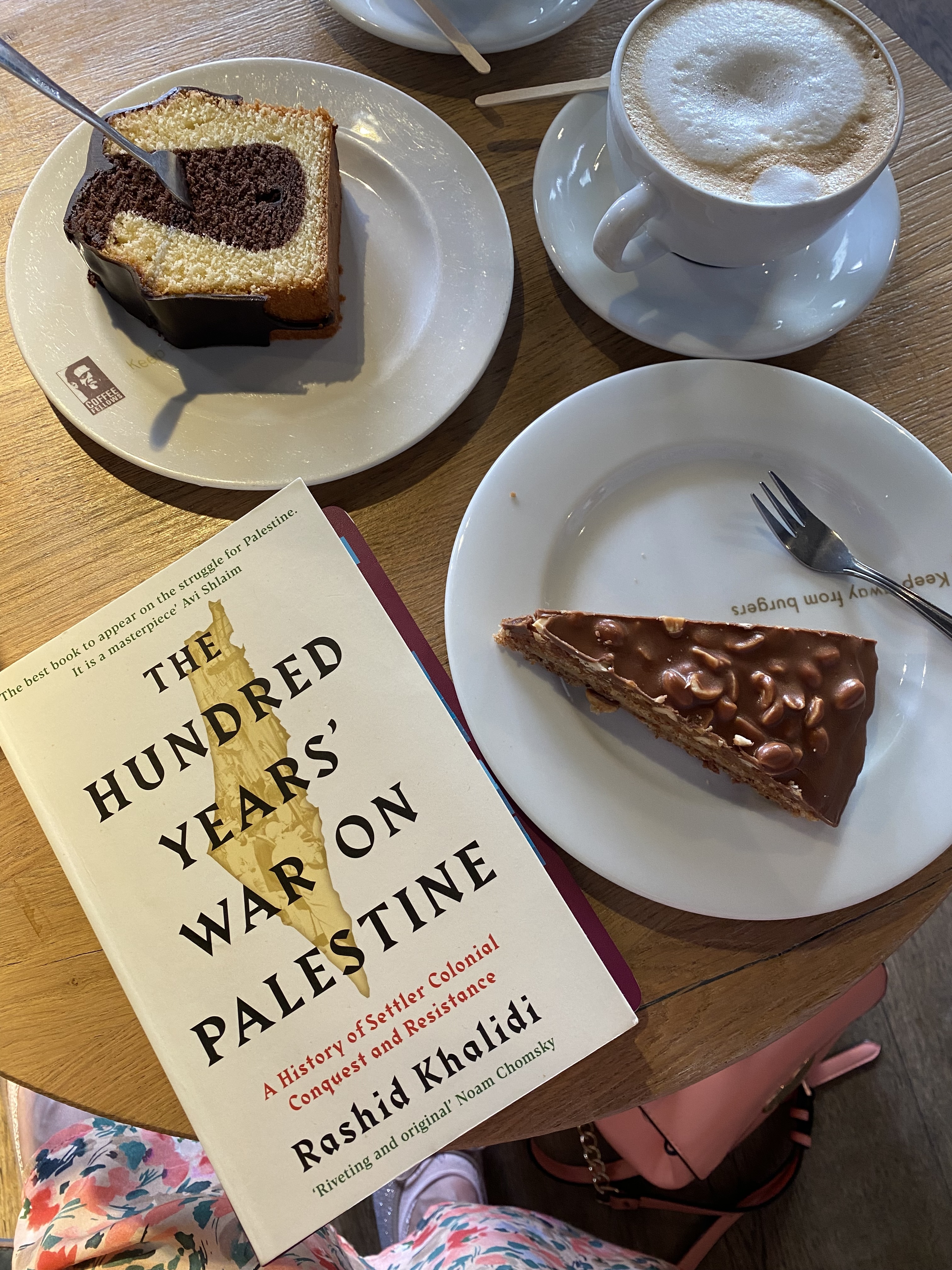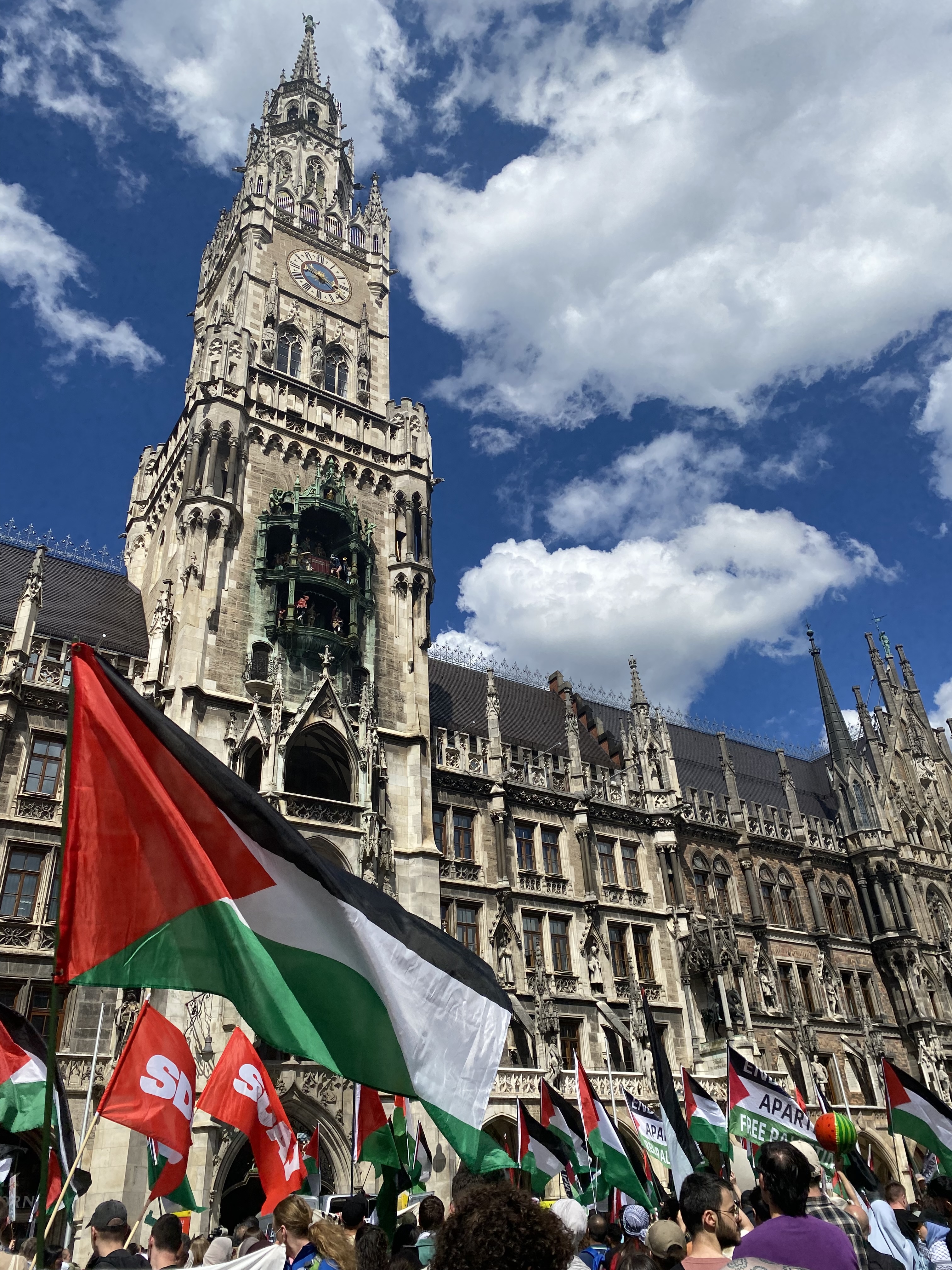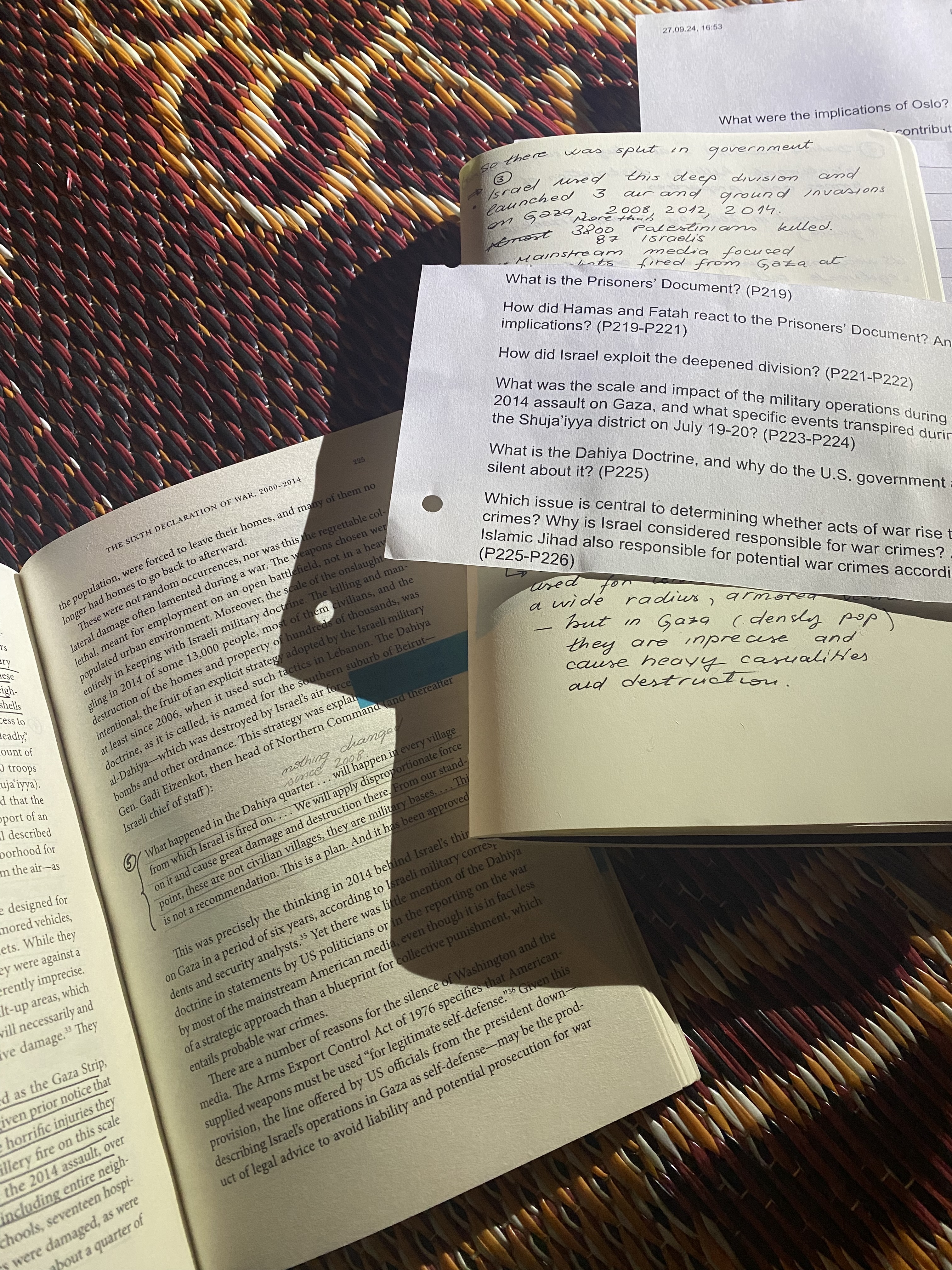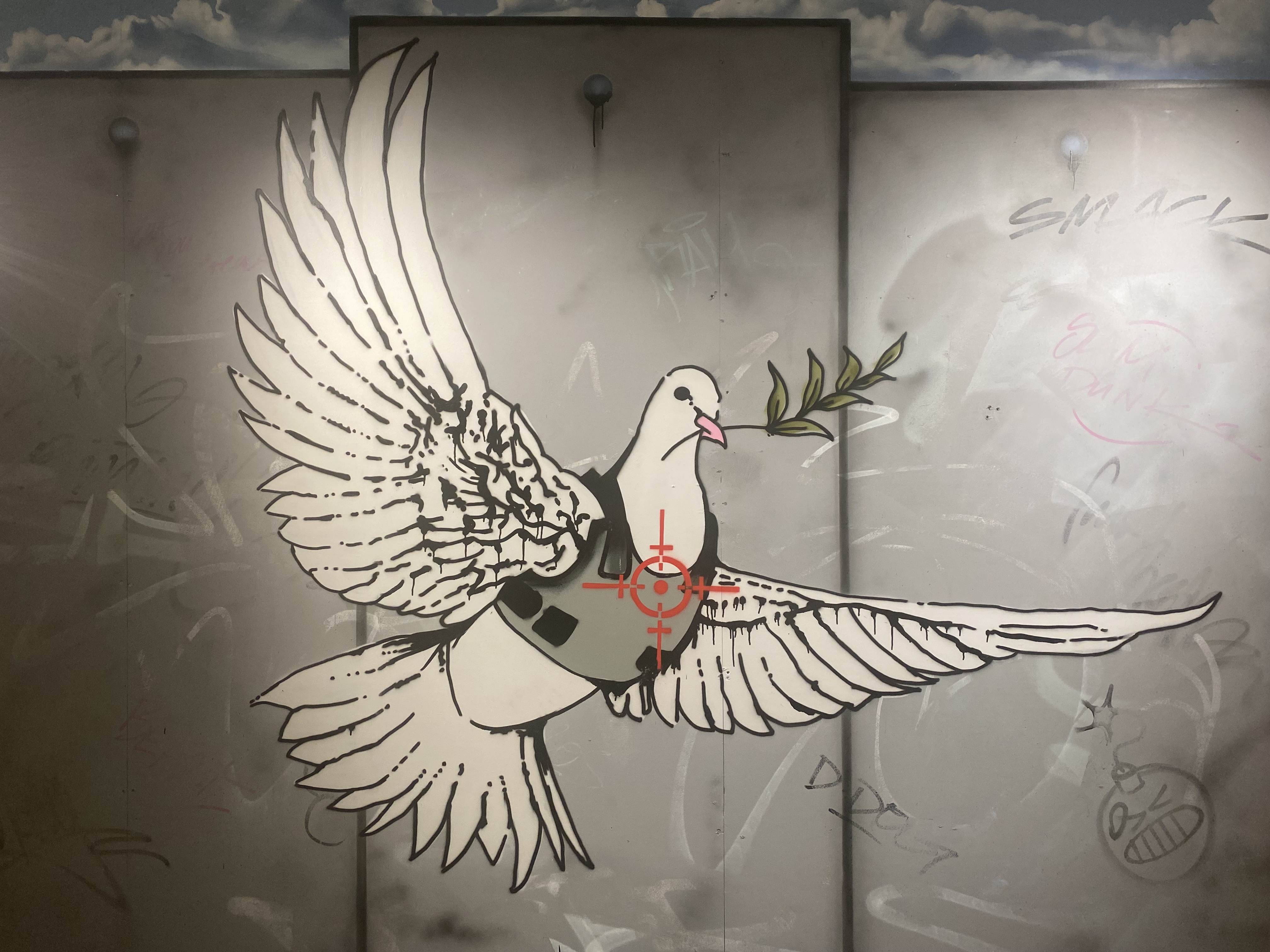
Thu Oct 10
The Hundred Years’ War on Palestine by Rashid Khalidi
A masterpiece on the history of settler colonial conquest of Palestine.
A Century of Wars on the Palestinian People
If not for the Reading Circle at the Munich Student Encampment, The Hundred Years’ War on Palestine would still be sitting unread on my bookshelf. I’m grateful that’s not the case, as this book provided me with a detailed and well-structured account of the settler colonial conquest of Palestine.
Written by Rashid Khalidi, a Palestinian-American historian, this book is a must-read for anyone seeking a deeper understanding of the events in Palestine. Some may question the author’s background as a potential source of bias, but this overlooks a crucial point: Palestinians have long been denied the opportunity to narrate their own history.

The book is organized into chapters that each tackle a different segment of Palestinian history in the context of the colonial settler project of Zionism, from the Balfour Declaration onwards. Khalidi reveals the deliberate efforts to erase Palestinians from history, starting with their designation as the “non-Jewish” population in that very document. While I won’t delve into the intricate historical analysis Khalidi presents, it’s worth highlighting his balanced critique—not only of Israel and the U.S. (as supposedly neutral mediators) but also of the Palestinian leadership, acknowledging their shortcomings and the effects their actions had on the deteriorating situation of Palestinians, especially regarding the Oslo Accords. He also emphasizes the clear disproportionality between the State of Israel on one side and the Palestinians on the other. The former is supported by the world’s biggest powers: initially by the leading colonizing power, Great Britain, and after 1967, by the unwavering support of the U.S. The Palestinians, on the other hand, were initially a nation recovering from the fall of the Ottoman Empire and the consequences of the First World War, without support even from their Arab neighbors, who were themselves under the control of different colonial powers. Subsequently, they were denied the possibility of even being a nation, portrayed as backward and uncivilized, an obstacle to progress and modernity (a narrative that might remind you of the foundation of the U.S.).

One piece of information that stayed with me after reading the book is the so-called Dahiya Doctrine, named after the southern suburb of Beirut—al-Dahiya—which was destroyed by Israel using 2,000-pound bombs. It was defined by Gadi Eizenkot (then head of the Northern Command) as:
“What happened in the Dahiya quarter […] will happen in every village from which shots will be fired in the direction of Israel. We will apply disproportionate force on it and cause immense damage and destruction. From our perspective, these are not civilian villages; these are military bases. […] This isn’t a suggestion. It’s a plan that has already been authorized.”
Khalidi implies that such language, indicating intentional and disproportionate destruction, could amount to war crimes, and this does not even include the ongoing genocide in Gaza.
Khalidi also touches on the topic of new negotiations—ones that would actually change the status quo in which Palestinians find themselves. This involves not only the exclusion of the U.S. as a mediator but, most importantly, a persistent effort to reopen crucial issues that were created by the war of 1948 and have been completely ignored in any peace process since 1967 and UN Security Council Resolution 242. These issues include the 1947 UN General Assembly Resolution 181 partition borders, the status of the city of Jerusalem, the return and compensation of refugees, and the political, national, and civil rights of Palestinians inside Israel.

In his concluding remarks, Khalidi highlights that peace will not be possible as long as the path to it involves the oppression of one people by another. Peace must be based on equality and justice. After more than a century of wars on the Palestinians, who have displayed extraordinary patience, perseverance, and steadfastness, I sincerely hope for lasting peace that will bring liberation to the people of Palestine.